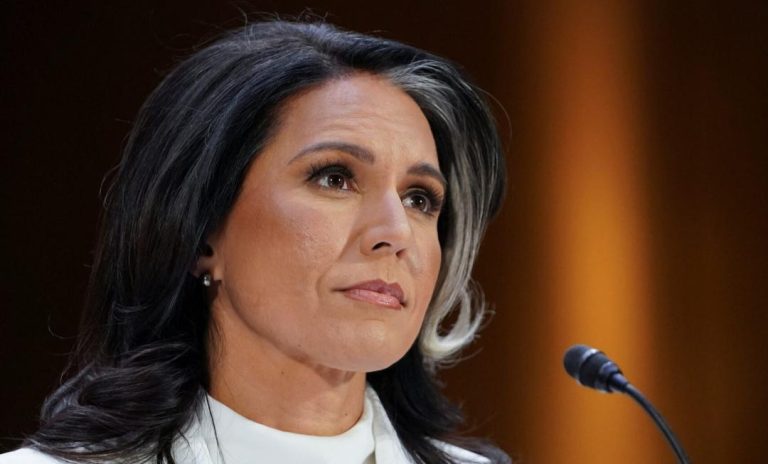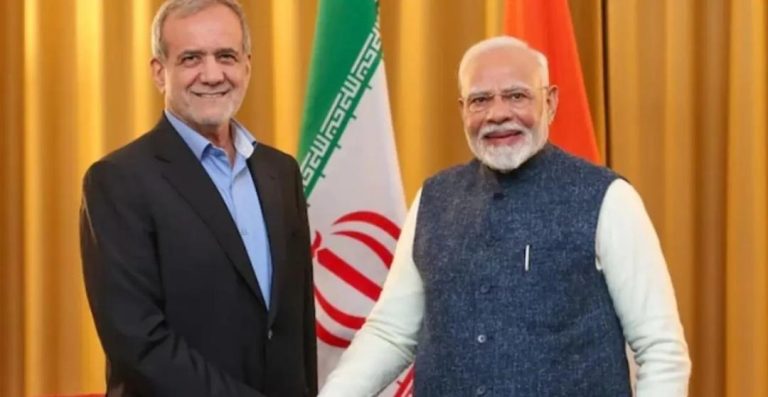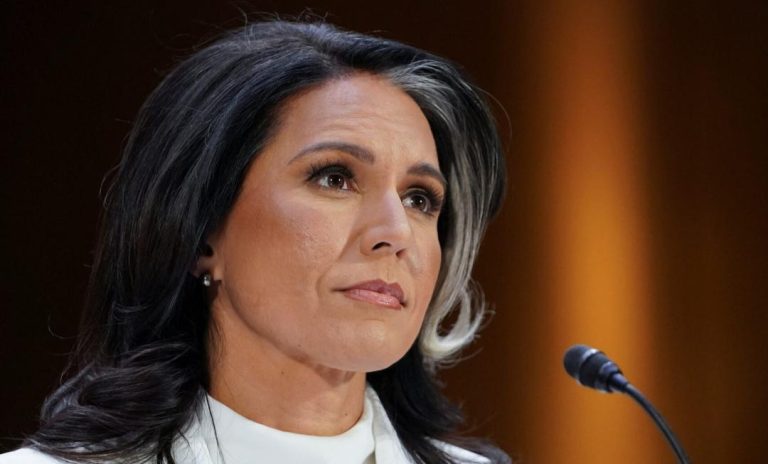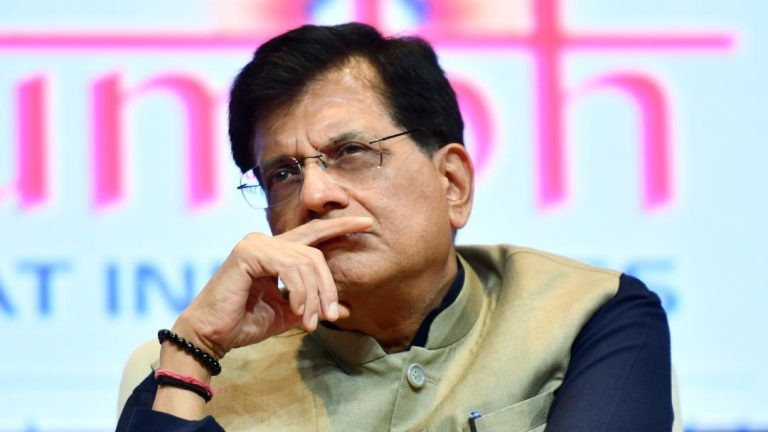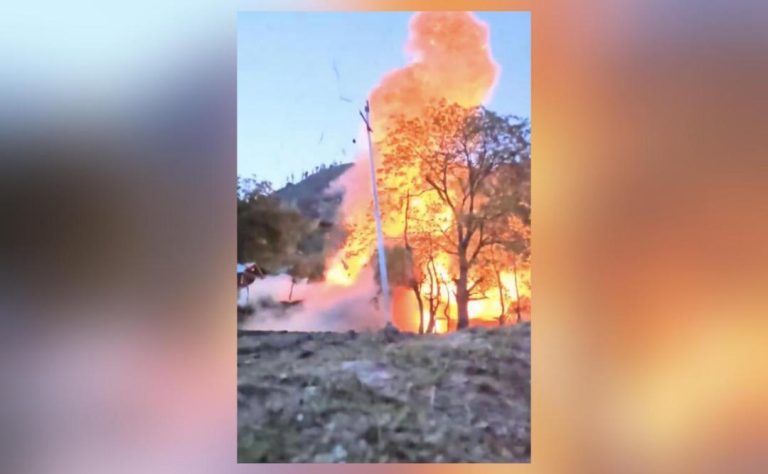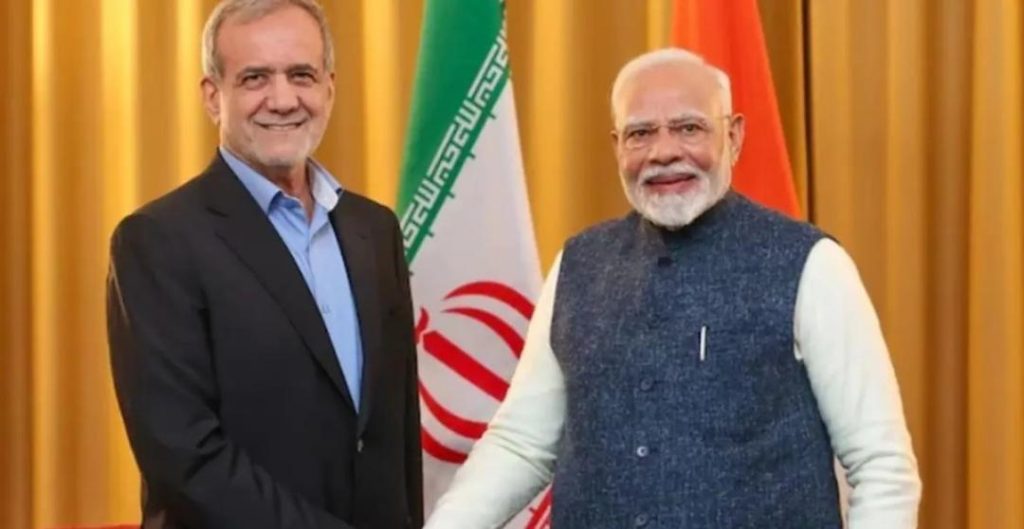
Iran Offers to Mediate between India and Pakistan after Pahalgam Attack
The recent terrorist attack in Pahalgam, Jammu and Kashmir, has sent shockwaves across the region, escalating tensions between India and Pakistan. In the aftermath of the attack, Iran has stepped forward to offer its mediation services to ease the standoff between the two nations. This move comes as a surprise, considering the complex and sensitive nature of the India-Pakistan relationship.
According to reports, Iran’s Foreign Minister Seyed Abbas Araghchi took to X, a social media platform, to extend the offer. He wrote, “Tehran stands ready to use its good offices in Islamabad and New Delhi to forge greater understanding at this difficult time.” This statement has sparked a mix of reactions, with some experts viewing it as a positive development in the region’s tumultuous landscape.
The Pahalgam attack, which left several people dead and injured, has been attributed to Pakistan-based terrorists. This incident has reignited the long-standing tensions between India and Pakistan, which have been simmering for decades. The Indian government has responded by suspending the Indus Waters Treaty, a decades-old agreement that regulates the sharing of water resources between the two countries.
The decision to suspend the treaty has been met with criticism, with some experts arguing that it may escalate the situation further. However, others believe that it is a necessary step to demonstrate India’s resolve in the face of terrorism. Pakistan, on the other hand, has accused India of “warmongering” and vowed to defend its territorial integrity.
Given the complexity of the situation, Iran’s offer to mediate between India and Pakistan comes at a critical juncture. Iran has historically maintained good relations with both countries, and its neutrality could prove to be a valuable asset in the current standoff. In the past, Iran has played a key role in facilitating talks between India and Pakistan, particularly during the 2001-2003 standoff over the Kashmir issue.
Iran’s offer to mediate is not without its challenges, however. The country has its own set of concerns, including the ongoing conflict in Yemen and the regional rivalry with Saudi Arabia. Additionally, Pakistan has been wary of Iran’s increasing ties with India in recent years, which could impact the dynamics of the mediation process.
Despite these challenges, Iran’s offer to mediate could still have a positive impact on the situation. By engaging with both countries, Iran could help to establish a dialogue and create a conducive environment for negotiations. This could involve facilitating talks between the two countries, as well as providing a platform for them to engage in open and constructive discussions.
Moreover, Iran’s mediation could also help to address some of the underlying issues that have contributed to the tension between India and Pakistan. For instance, the two countries have long-standing disputes over issues such as Kashmir, border demarcations, and terrorism. By facilitating talks on these issues, Iran could help to build trust and confidence between the two nations.
In conclusion, Iran’s offer to mediate between India and Pakistan after the Pahalgam attack is a welcome development in the region. While there are challenges ahead, Iran’s neutrality and historical experience in facilitating talks between the two countries make it an attractive option. If successful, Iran’s mediation could help to ease tensions and create a more stable environment in the region.
